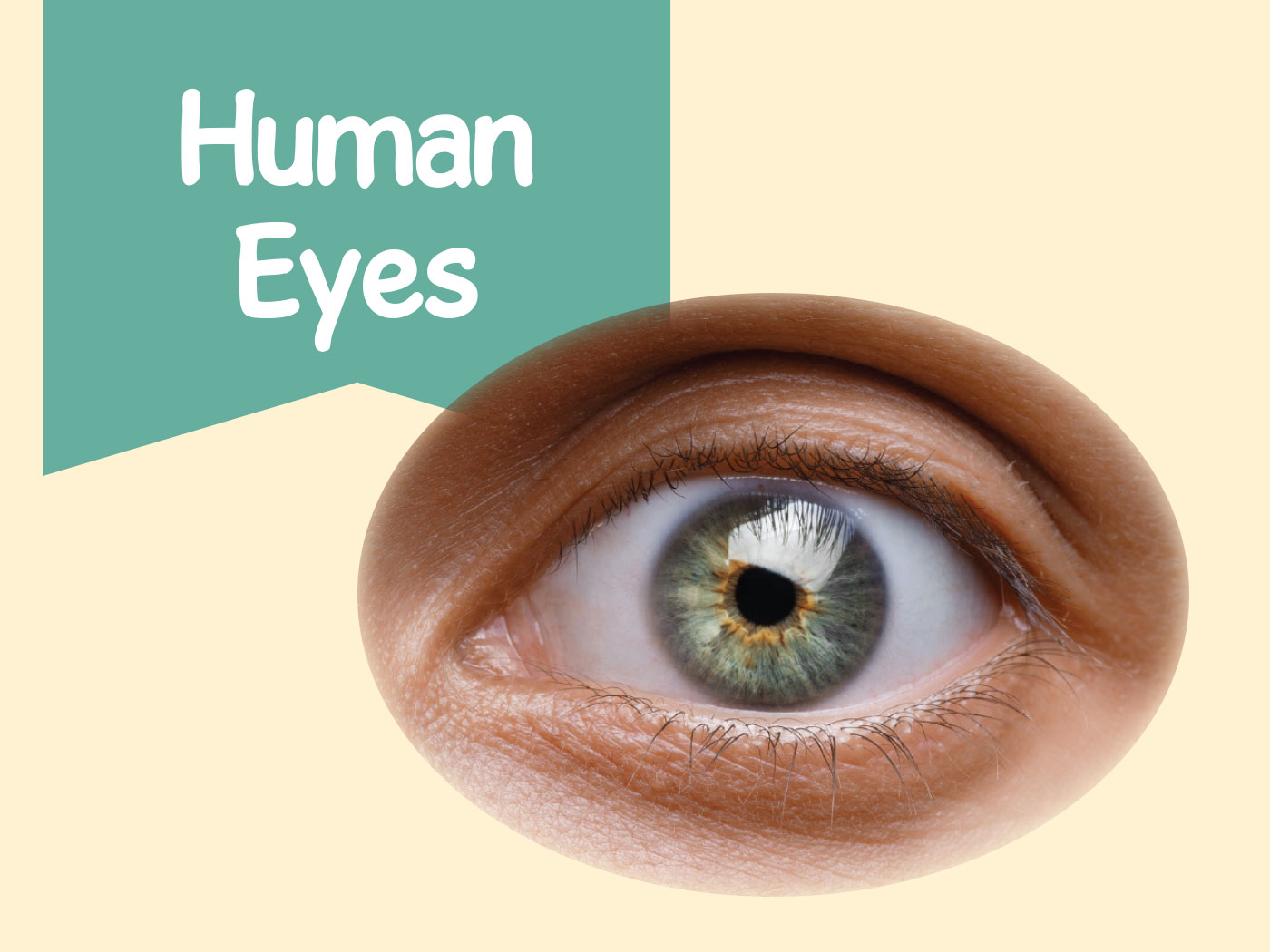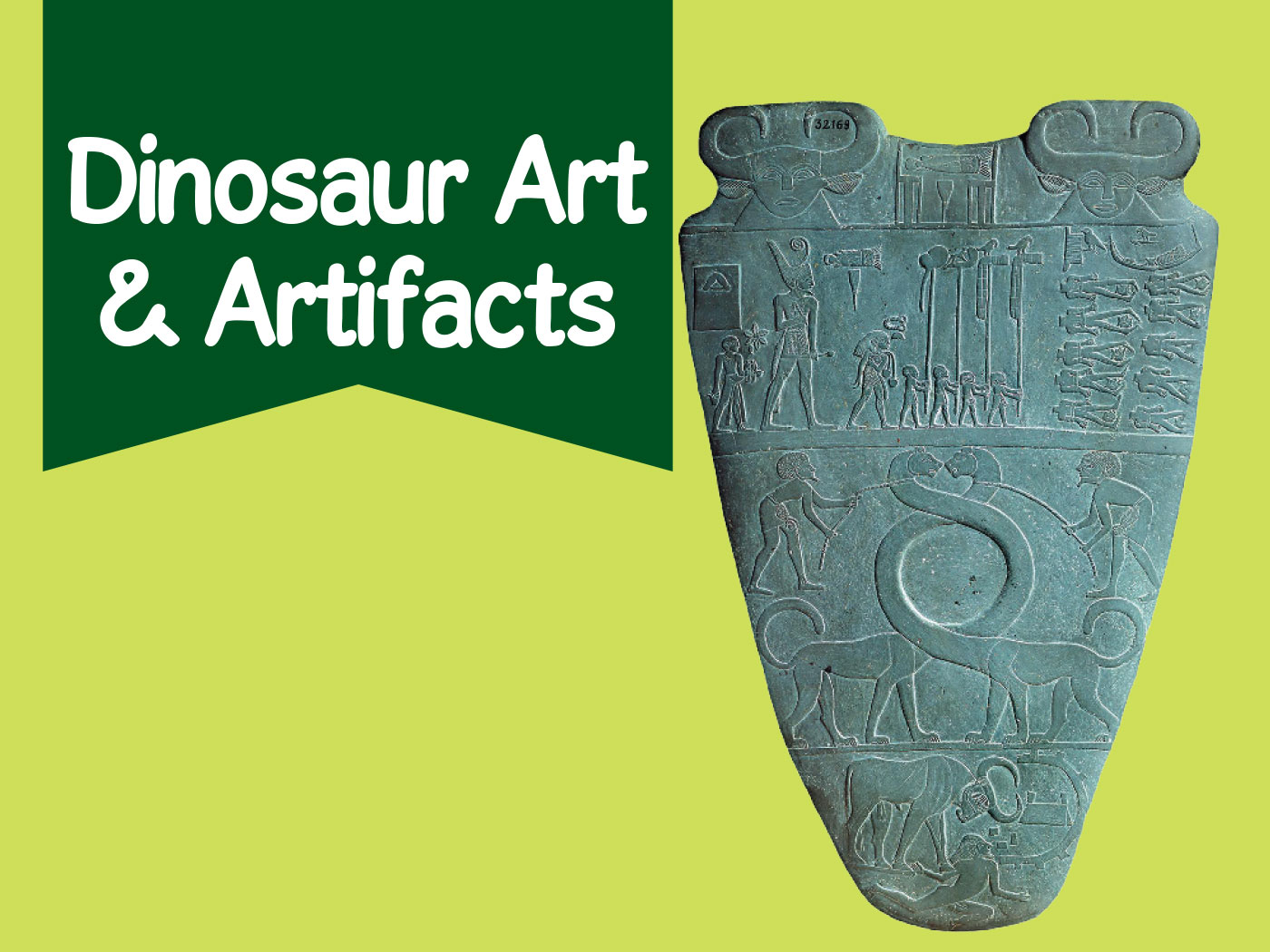The issue of stem cell research is once again in the news. Like the creation/evolution controversy, this volatile subject will always be a front burner topic. The reason? Researchers tell us stem cells are an untapped source for medical cures and treatments, but others believe the procedure of obtaining stem cells annihilates a human life in the form of an embryo. Society’s turning a blind eye to embryonic destruction is clearly a result of the decades-old abortion mentality. Many have become desensitized to human life—at all stages—after so many years of abortion-on-demand.
What Are Stem Cells?
Stem cells are young and unspecialized cells. Under the right conditions, they can be chemically encouraged to form any cell in the body. Because there are just a few in adults, researchers find they are more readily acquired from the egg cell prior to its implantation in the mother’s uterus (Ganong 2003, 518). |
e>The recurring argument from those who support the harvesting of embryonic tissue is the “good” that would result from stem cell investigation. Personalities with spinal cord injuries, such as the late Christopher Reeve, have been effectively used by the stem cell lobby. Certainly, specialized stem-cell treatments could possibly be used to treat Lou Gehrig’s disease and Alzheimer’s disease. Criticism has been sharp both in the United States and abroad as stem cell research advocates emphasize the medical breakthroughs that studies might accomplish.
Yet, many—including not a few scientists and President Bush—have opposed expanded embryonic research because of the issue of where these embryonic cells come from. When the House of Representatives recently voted to lift the ban on stem cell funding, President Bush threatened to veto, citing the “ongoing destruction of emerging human life” (AP 2005).
Stem Cell Alternatives
In May of 2005, a South Korean research team made medical history by taking a piece of skin from a patient and growing stem cells (adult stem cells) containing the patient’s DNA. This is good news because it obviously does not involve stem cells from an embryo, yet may prove medically beneficial.
There has also been another development in the news that might make the stem cell issue moot. It’s possible that other ordinary cells of the body (like skin cells) could be converted into embryonic stem cells. Washington Post writer Rick Weiss, quotes James F. Battey, chief of the stem cell task force at the National Institutes of Health as saying, "That would really get around all the moral and ethical concerns" (2005). As the field of molecular biology continues to make strides, particularly in the area of DNA, this discovery indeed looks promising. Researchers hypothetically could activate certain genes in specific cells that would literally make them embryonic again – without embryo destruction. Additionally, there is a move to set up a national databank for umbilical cord blood. This source of stem cells, called multipotent cells, does not involve the eradication of the embryo. A national databank could possibly be used for various stem cell treatments and research.
How should the Christian respond to the harvesting of embryonic tissue? Scripture teaches that human life is special (Psalm 139:13-14) and that people have been created in God’s image (Genesis 1:27). Listing the benefits of stem cell research does not null the destruction cell harvesting causes.
In conclusion, for all the good scientific investigation this field has produced, there are alternatives to embryonic stem cell research, and these options, including adult stem cells, look promising.
References
- Associated Press. 2005. House votes to lift ban on stem cell funding. MSNBC.com, May 25, 2005. http://www.msnbc.msn.com/id/7964239
- Ganong, William F. 2003. Review of medical physiology. 21st ed. Lange.
- Weiss, Rick. 2005. Stem cell advances may make moral issue moot. Washington Post, June 6, 2005. http://www.washingtonpost.com.
The Latest
Rhino Fossil Requires the "Impossible" from Conventional...
A recent study published in Nature Ecology & Evolution claims that the “impossible” actually happened—not just once, but three...
December 2025 ICR Wallpaper
"Come now, and let us reason together," Says the LORD, "Though your sins are like scarlet, They shall be as white as snow; Though they...
The Bipedal Two-Step of Human Evolution
The supposed evolution of bipedalism continues to be a major obstacle in the narrative that humans evolved from apelike ancestors.1,2
For...
CREATION PODCAST
The James Webb Space Telescope vs The Big Bang | The Creation...
When you look into the night sky, you’re seeing light that has traveled incredible distances to reach you. For centuries, astronomers have used telescopes...
CREATION PODCAST
Dr. Randy Guliuzza | From Learning to Leadership | The Creation...
For more than 50 years, the Institute for Creation Research has continued its mission to show how scientific evidence confirms the truth of Scripture....
Announcing the Acts & Facts Kids Edition for 2025!
Hi, kids!
Have you ever stopped to think about just how wonderful and amazing our world really is? Everywhere you look, from the tiniest bug to the...
Thanksgiving in Heaven
"And the four and twenty elders, which sat before God on their seats, fell upon their faces, and worshipped God, Saying, We give thee thanks, O...
Kids Edition 2025: Human Eyes
Hi, kids! We created a special Acts & Facts just for you! Have fun doing the activities while learning about the wonderful world God...
Kids Edition 2025: Dinosaur Art & Artifacts
Hi, kids! We created a special Acts & Facts just for you! Have fun doing the activities while learning about the wonderful world God...
Kids Edition 2025: Pluto & Dwarf Planets
Hi, kids! We created a special Acts & Facts just for you! Have fun doing the activities while learning about the wonderful world God...













